We may earn money or products from the companies mentioned in this post. This means if you click on the link and purchase the item, I will receive a small commission at no extra cost to you ... you're just helping re-supply our family's travel fund.
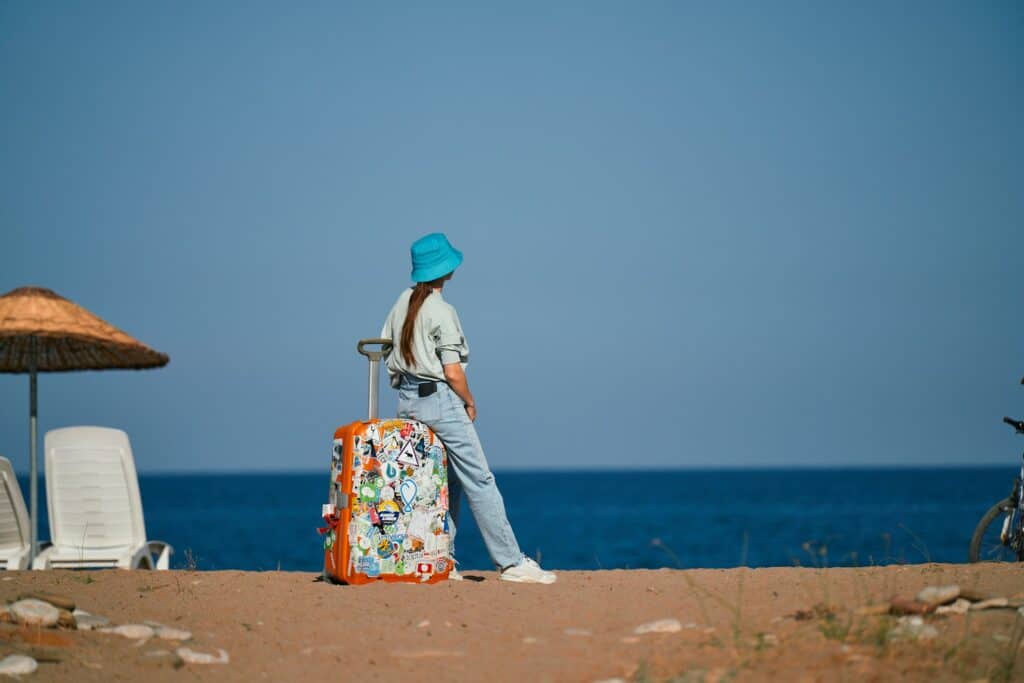
Europe rewards intention more than speed. Streets are older than cars, meals stretch, and museum clocks keep their own rhythm. Seasons shape crowds and prices, while Sundays and holidays still shape the week. The kindest trips trust trains, set firm anchors, and leave space around them. What this really means is simple. Good manners and measured pacing open doors that money struggles to buy. These dos and don’ts keep days relaxed, bills clear, and memories tied to place rather than to queues.
Do Pack Light And Flexible
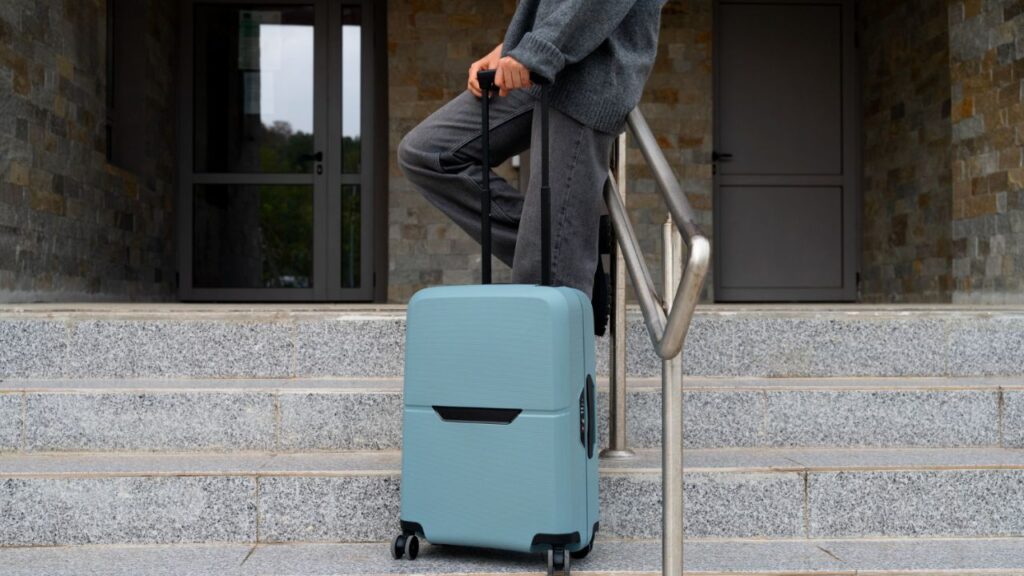
Small elevators, cobbles, and stairs punish heavy bags. A soft carry-on with cubes, a rain layer, and shoes that walk earns its keep in every station and guesthouse. Laundry midweek stretches outfits without fuss, and a neutral palette mixes well across cities and weather. Travelers who can lift a bag overhead glide through trains and tight lobbies, then pivot fast when plans or skies change. Packing light feels like a courtesy to the future self and to everyone sharing the aisle.
Don’t Overstuff The Itinerary
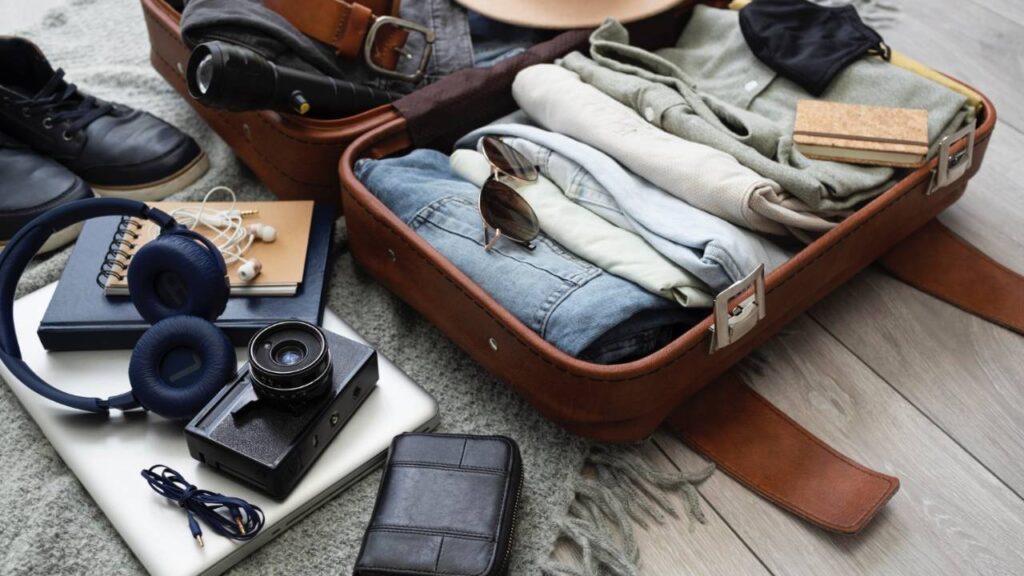
Five cities in seven days reads bold and lands weary. Transit hours, check-in windows, and museum fatigue add up, then dinner shrinks to rushed bites. A better plan sets two or three anchors, with half days free for parks, neighborhoods, and small surprises. Midmorning trains feel calmer and deliver rooms at the right hour. Fewer moves buy better meals, softer evenings, and the chance to notice how a place sounds at dawn, after rain, and when lights come on.
Do Validate Or Tap Correctly On Transit
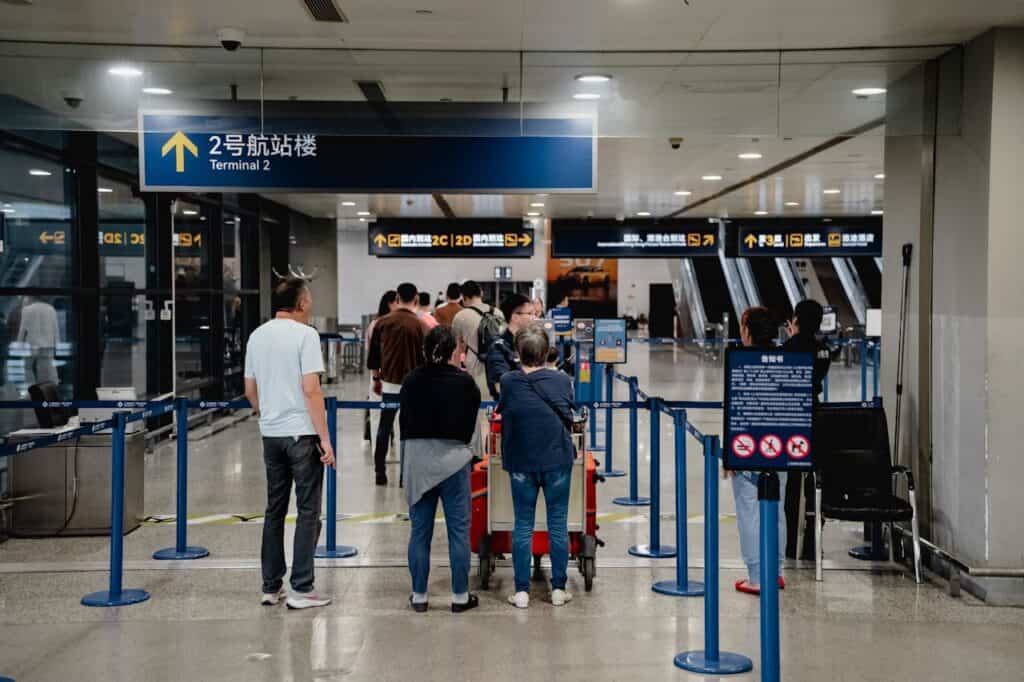
Many networks ask for a platform stamp or gate tap before boarding. Inspectors check onboard, and fines arrive without drama. Local cards often cap daily fares, so tapping in and out records trips and protects the wallet across buses, trams, and metro. Paper carnets still live in some cities and prefer clean stamps. Icons and station notices explain the rules clearly, and agents confirm details with a nod. Small habits here keep days smooth and prevent expensive conversations later.
Don’t Exchange Cash At Airport Kiosks

Glass booths near arrivals post rates that punish the jet lagged. Bank ATMs usually beat kiosk spreads, and debit cards with no foreign fees protect each pull. Markets and taxis often take cards now, while coins still matter for espresso and lockers. A first withdrawal buys train fare and a snack, then the card handles the rest. If cash is required for a rural stay, a bank branch the next morning offers fairer rates, better limits, and fewer surprises.
Do Learn Greetings, Meal Times, And Tipping Norms
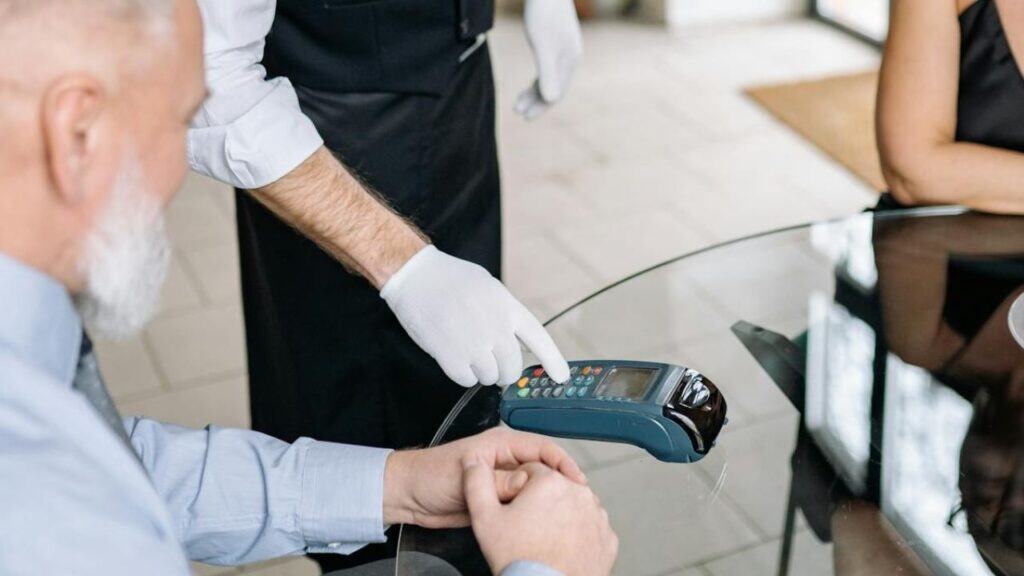
A simple hello in the local language opens faces, and meal hours matter more than guidebooks admit. Lunch may anchor the day, kitchens often pause between services, and Sunday can close shops. Tipping customs vary, with service included in many bills and rounding up doing the polite work elsewhere. Asking how the house would serve a dish earns better plates than ordering by stereotype. Small phrases and a respectful clock carry large returns long after the table clears.
Don’t Dine On The Most Famous Square
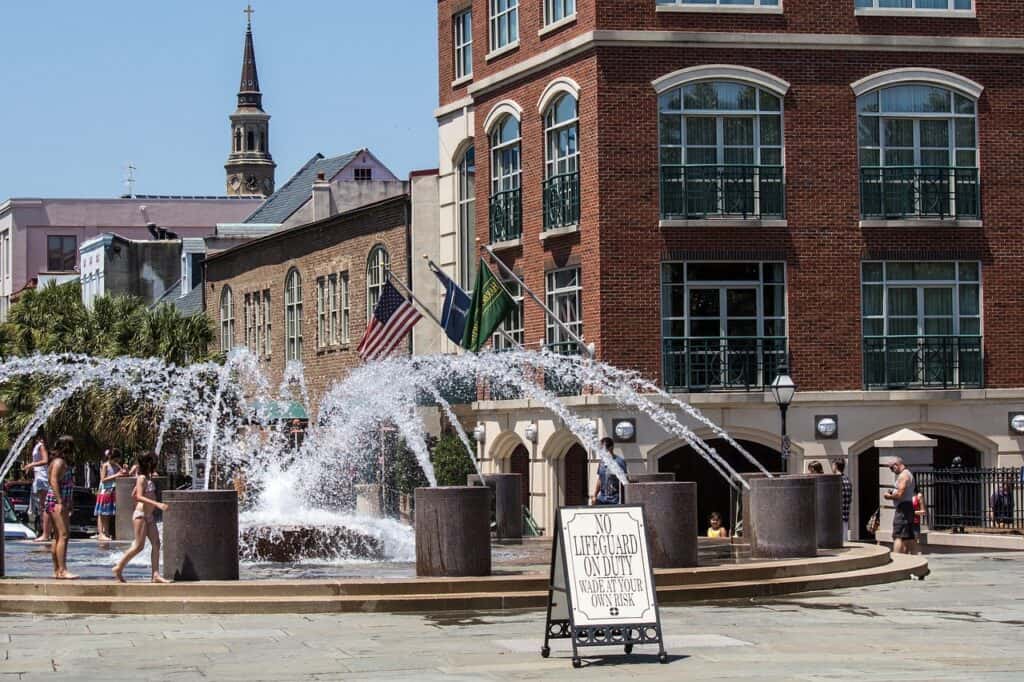
Tables facing headline fountains price the view first and the plate second. Menus lean safe, staff must turn seats quickly, and service fees stack quietly. One or two streets away, kitchens cook for neighbors and let sauces rest. Chalkboards change with markets, and bills read cleaner, which helps the mood. A short walk also resets the senses after the crush. The monument looks better on the stroll back, and dinner keeps the city’s voice rather than a brochure’s echo.
Don’t Treat Sundays And Holidays As Routine
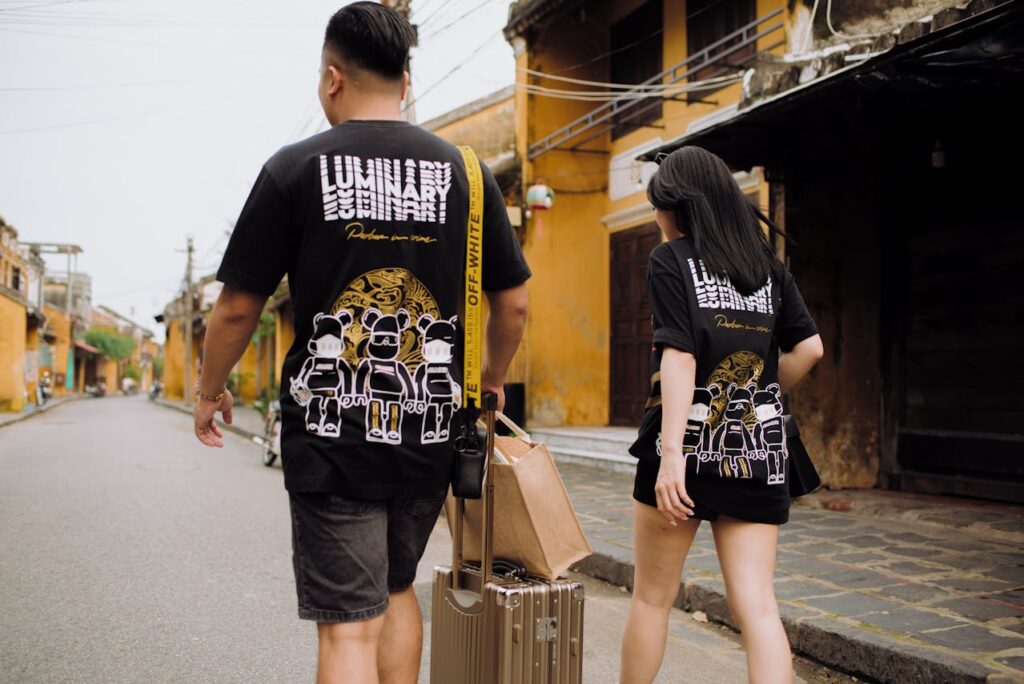
Sundays remain quiet in many regions, and public holidays can drop shutters from village to capital. Bakeries sell out early, trains shift to softer timetables, and small museums rest. The fix is simple planning. Stock a picnic, choose a waterfront or park, and visit a church where music floats in the afternoon. Monday closures often follow for major museums. Calendars posted at doors are honest, and a little rhythm knowledge turns closed signs into slow, pleasant days.
Do Carry Backup Payments And ID Copies
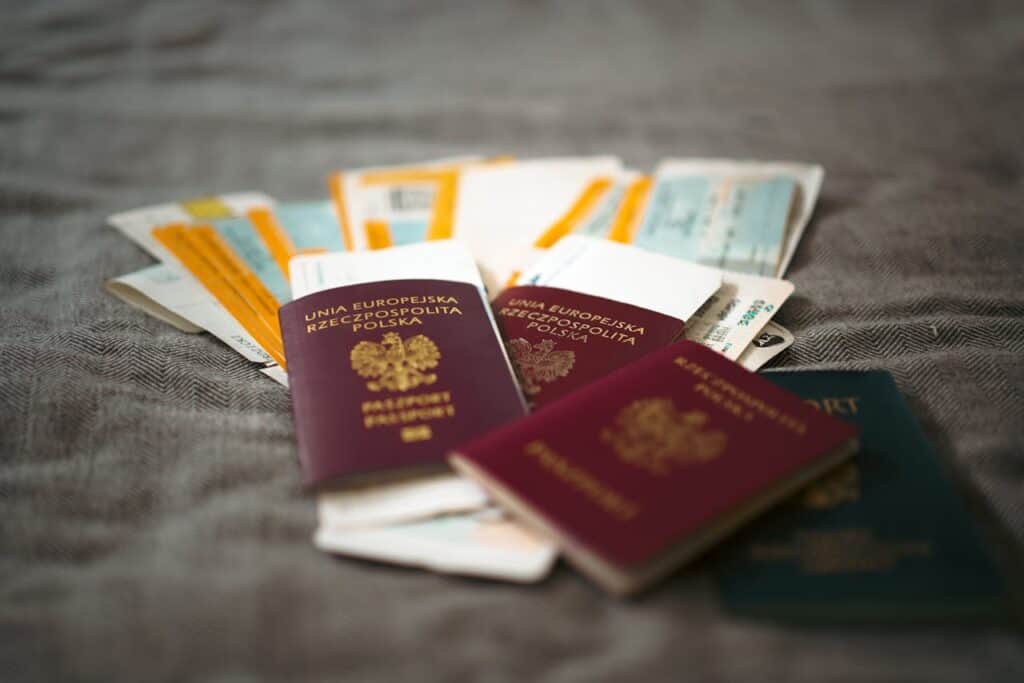
Cards fail, terminals sulk, and a bag can vanish in a blink. Two cards from different networks, split between travelers or pockets, keep trains and meals on track. A small cash stash covers tips, lockers, rural taxis, and bakery runs. Paper copies of passports, plus digital scans, answer hotels and police if originals are locked or lost. Phone wallets help but do not work everywhere. Redundancy feels dull until it saves an evening meant for music and dessert.
Don’t Lean On Taxis For Every Move

Historic cores favor trams and metro lines. Trains outpace traffic, and flat fares beat meters stuck behind coaches. Walking five blocks reveals the better bakery and a square no map promised. Taxis still shine late at night, with luggage, or in rain when stations sit far, but defaulting to rails saves euros and temper. Regional lines link towns with views, and platforms offer people watching that becomes part of the trip’s real texture and steady rhythm.
Do Respect Lodging Etiquette And Quiet Hours
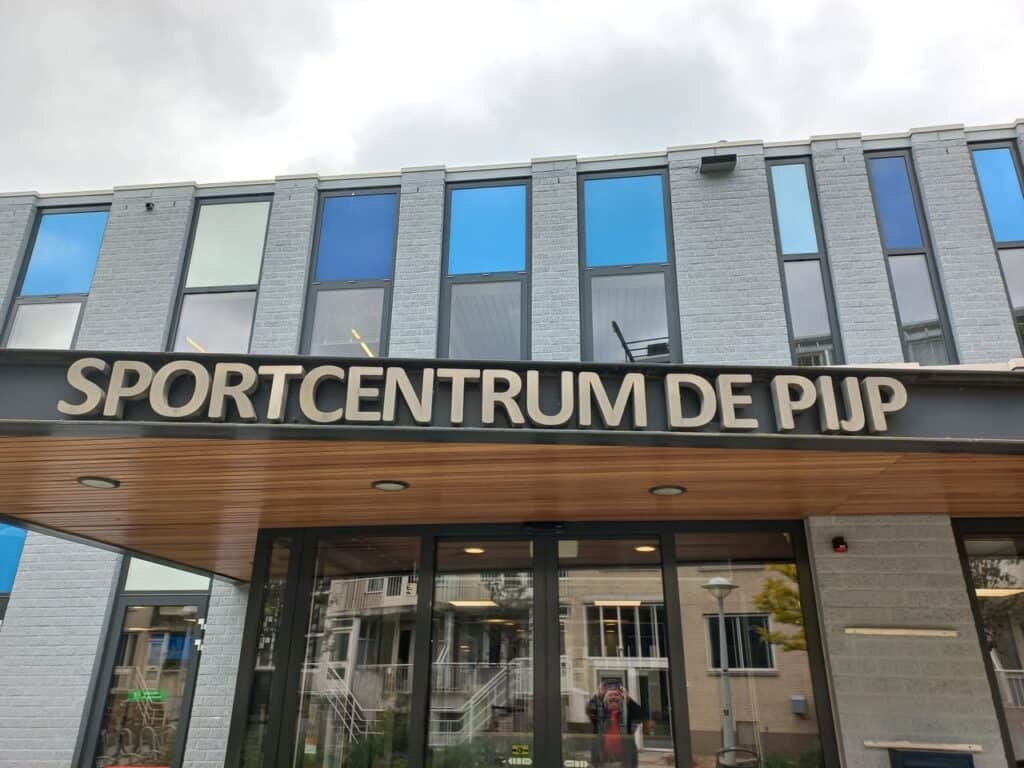
Old buildings carry sound. Rolling a suitcase at midnight or talking on a balcony at 1 a.m. travels farther than intended. Hosts note quiet hours, stair lights on timers, and rules for trash and recycling that keep neighbors friendly. Shoes off on parquet, windows shut against gulls, and keys returned on time make departures graceful. Housekeeping and front desks remember guests who read the small card on the desk. That memory pays back when a small favor is needed.
Do Let Local Rhythms Set Your Daily Pace
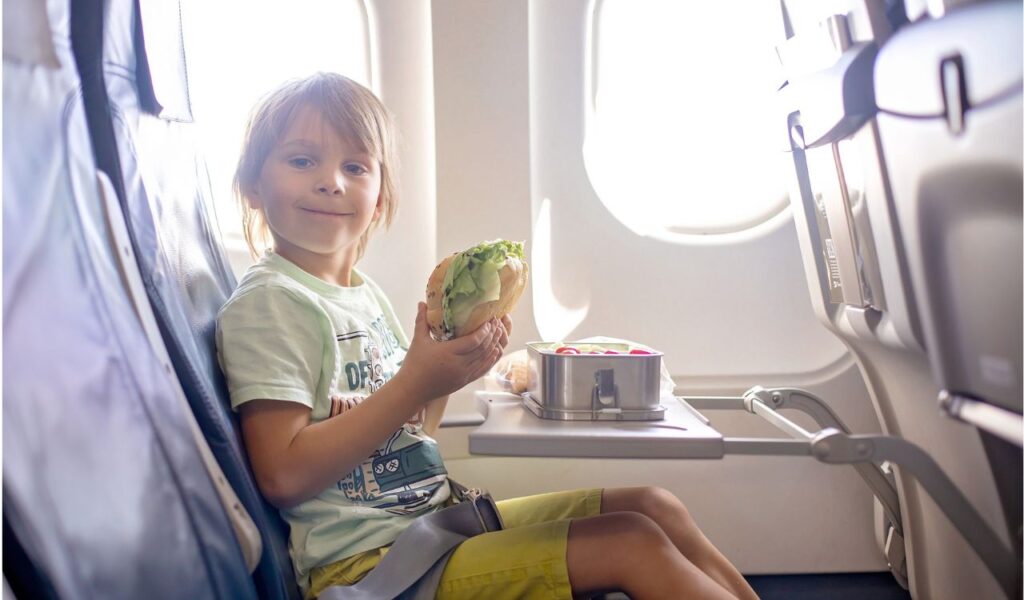
Europe works on human hours, not urgency. Morning starts later in some places, afternoons slow for meals, and evenings belong to conversation rather than errands. When travelers stop fighting the clock and start following it, days feel fuller with less effort. Coffee tastes better when you are not rushing, and walks replace checklists. Matching the local tempo turns waiting into watching and schedules into experiences.
Don’t Assume One Country’s Rules Apply Everywhere

Borders in Europe are close, but customs are not interchangeable. Transit etiquette, dining habits, and even how firmly to greet someone can shift in a few hours by train. Paying attention beats relying on habits picked up elsewhere. A quick glance at local norms prevents awkward moments and small offenses that linger. What this really means is curiosity travels better than confidence, and respect smooths more moments than perfection ever could.